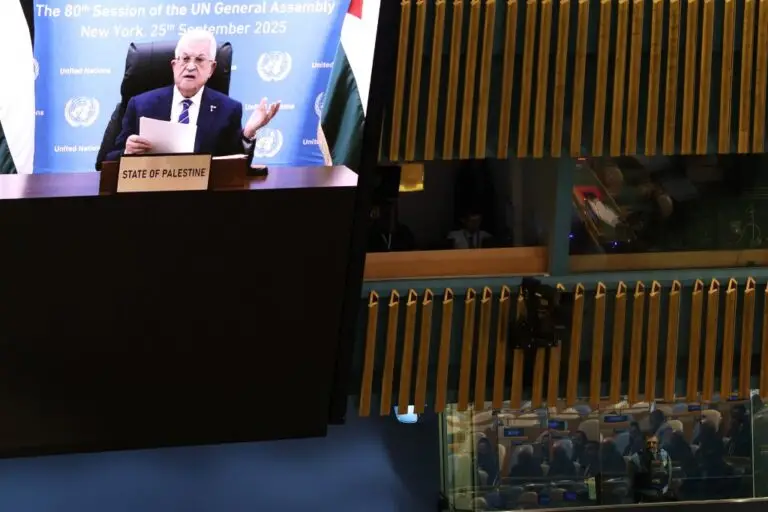As tensions in the Middle East remain at a boiling point, Palestinian Authority President Mahmoud Abbas has repositioned his diplomatic tone, signaling a major shift in the Palestinian leadership’s approach to governance, legitimacy, and international relations.
A Strategic Departure from Hamas
In a marked departure from years of ambiguity, Abbas has made it clear that Hamas — the political and militant faction currently in control of Gaza — will have no place in the governance of a future Palestinian state. Under a proposed interim arrangement, the Palestinian Authority (PA), which currently holds limited administrative power in the West Bank, would take charge of Gaza’s civil affairs during a transitional phase.
This strategic pivot appears calculated. With Hamas’ global standing further damaged by its controversial actions during the October 2023 attacks on Israel, Abbas’ distancing from the group is both a condemnation and a political maneuver. It removes a key point of contention among Western powers hesitant to fully endorse Palestinian statehood while a designated terror group plays a role in governance.
Direct Messaging to Israel and the West
Delivered via video after the U.S. denied him entry into New York, Abbas’ address to the United Nations General Assembly was tempered and deliberate. Though a seasoned orator known for hardline rhetoric in previous years, his tone was conciliatory and pragmatic — an unmistakable signal to European and American leaders.
He condemned antisemitism outright, disavowed Hamas’ actions as unrepresentative of Palestinian aspirations, and extended an olive branch of moderation to the international community. In doing so, Abbas attempted to reframe the Palestinian struggle not as one rooted in vengeance, but in a desire for justice, recognition, and sovereign dignity.
Global Chessboard: Realignments and Diverging Policies
The Palestinian Authority’s renewed bid for full state recognition is gaining momentum in Europe, with France spearheading the diplomatic charge. French President Emmanuel Macron, in a series of high-profile interviews, noted that both Europe and the United States now share a common position opposing Israeli annexation of Palestinian territories.
Yet the diplomatic currents remain complex. While Macron insists on coordinated Western pressure against annexation, Israeli Prime Minister Benjamin Netanyahu has doubled down on his longstanding opposition to Palestinian statehood, dismissing recent recognitions as symbolic gestures “that do not obligate Israel in any way.”
Meanwhile, former U.S. President Donald Trump — still wielding influence in global affairs — has resurfaced with a proposed 21-point peace roadmap. According to his advisors, the plan addresses both Israeli security concerns and regional Arab interests, and reportedly includes elements from the French disarmament framework. Indonesia, the world’s largest Muslim-majority nation, has even offered up to 20,000 troops to support a possible international stabilization mission in Gaza.
Symbolism and Power Plays at the UN
The optics of Abbas being denied entry into the United States for the UN General Assembly — a rare move in diplomatic protocol — add another layer of tension. The decision forced the Palestinian leader to deliver his address remotely, while Netanyahu is expected to speak in person, commanding the floor.
That asymmetry, both logistical and symbolic, underscores the broader imbalance Abbas is attempting to navigate: how to reassert Palestinian legitimacy on the world stage while facing entrenched opposition from Israel and internal division within Palestinian territories.
The Path Forward
The next phase of this geopolitical standoff hinges not only on military outcomes but on political reinvention. Abbas’ speech signals that he is trying to reposition the Palestinian Authority as the central interlocutor for peace — secular, cooperative, and internationally aligned.
Whether this recalibration garners tangible concessions or simply resets the diplomatic clock remains to be seen. What is clear, however, is that the Palestinian strategy has entered a new phase — one where statehood is being reframed as not just a right, but a responsibility, one Abbas is preparing to shoulder with or without Hamas.

